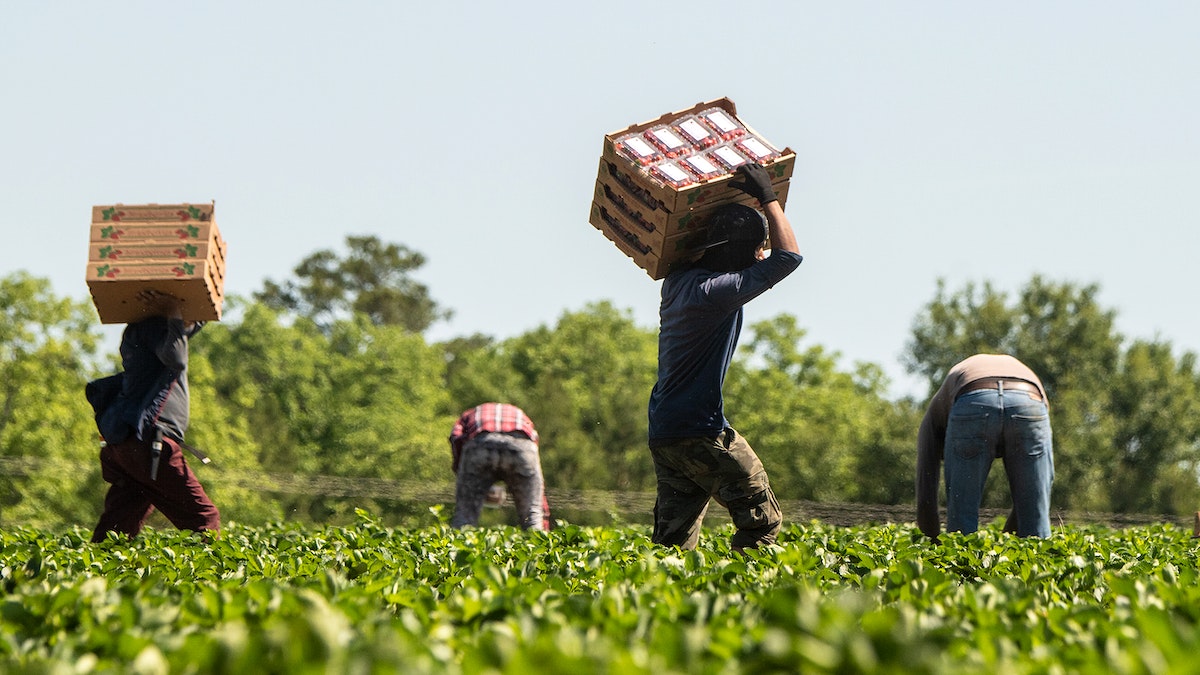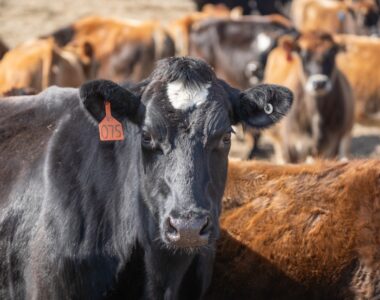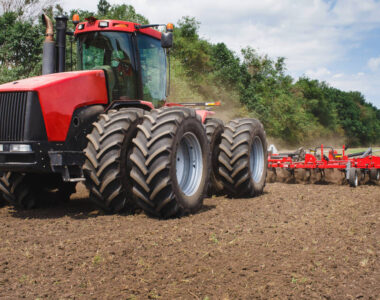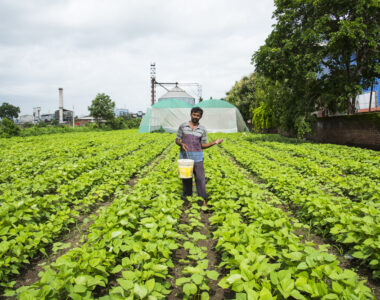
The Biden-Trump era’s plan for farm labor takes a hard turn as the administration steps back from earlier promises and signals a major farmworker policy change. Most recently, U.S. Agriculture Secretary Brooke Rollins confirmed that immigrant farmworkers—long protected from deportation—now face removal unless farmers replace them with U.S. workers.
No Amnesty for Immigrant Farmworkers
On July 8, Rollins declared in a press briefing that the administration granted “no amnesty” to undocumented farmworkers. She emphasized that Trump’s goal remains a fully American agricultural workforce, despite prior flexibility in farm labor policy.
Initially, Donald Trump had signaled he would allow immigrant farmworkers, some on U.S. farms for decades, to stay to prevent disruptions. That position has now reversed. Rollins warned that any immigrant workers without legal status face deportation, and she stressed that Washington expects farmers to find legal workers to replace them.
Medicaid Recipients to Fill Farm Labor Gaps
In a move signaling profound farmworker policy change, Rollins suggested the administration would rely on American job seekers to fill the void. She proposed tapping into the 34 million “able-bodied” adults on Medicaid — those required to meet work requirements under recent reforms.
She emphasized that farmers must either recruit U.S.-based workers or invest in automation. “When you think about…it could fairly quickly,” she stated, referencing the Medicaid-eligible workforce.
Risks to Farming and Food Supply
Farmers and industry advocates raised alarms. They warned this farmworker policy change could trigger labor shortages during peak seasons, leaving crops vulnerable and supply chains weakened. Agriculture sector experts say immigrant labor forms a large share of farm workers in labor-intensive roles, roles most Medicaid recipients cannot fill, and machines can’t replace.
In California’s Central Valley, for example, migrant labor made up over 40% of the poultry workforce. Producers report that local replacement efforts and automation lag behind the scale of farm labor demand .
Balancing National & Farm Priorities
Rollins framed this farmworker policy change as aligned with national priorities—border control and American employment. She stated that farmworkers must be legal U.S. workers or part of automation plans. Farmers bear the responsibility for filling this labor gap.
Critics argue that without immigrant labor, many farms will struggle to harvest crops. They warn that consumers could see higher food prices and limited availability.
What This Means for Farmers
- Farmers must recruit U.S.-born or green-card holders or pay for automation upgrades.
- Immigration-based farm labor—and the unique skills and reliability it provides—faces a growing squeeze.
- Without alternatives, farms risk leaving produce unharvested and supply gaps unmet.
Final Takeaway
This sharply reversing farmworker policy change risks destabilizing the food supply and labor systems that farm operators rely on. As farmers adjust to new labor expectations, they face tough choices: hire domestic workers, invest in automation, or face reduced harvests and higher food prices for consumers.




1 Comment